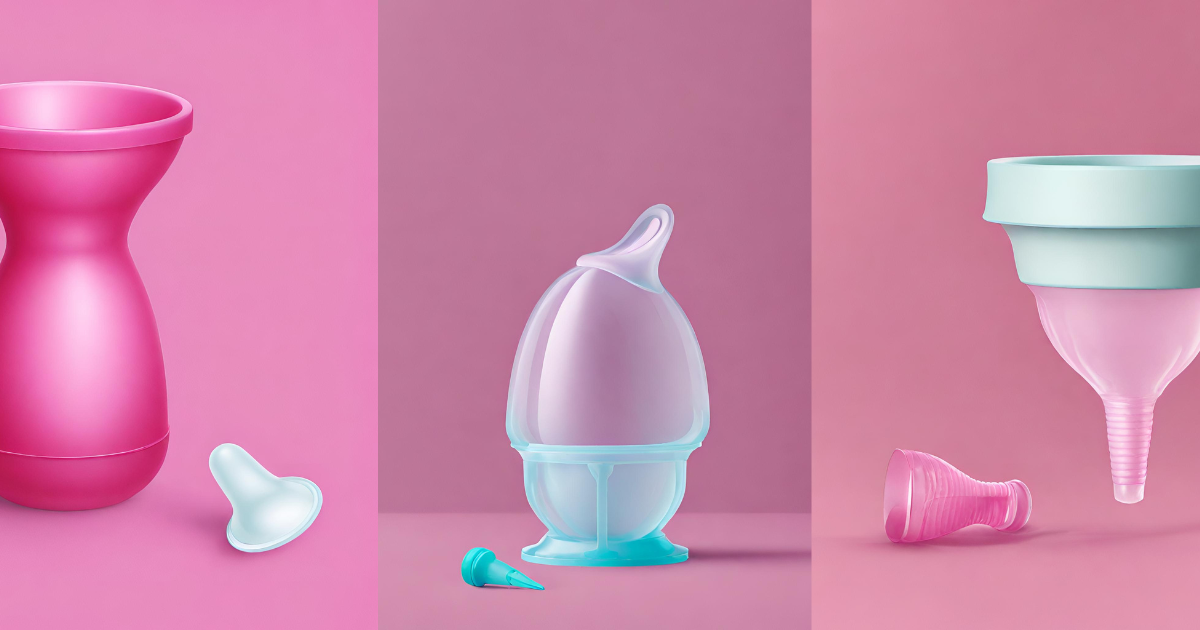
AI Images of Period Products Don’t Look Right
By
|
I bet you’re all familiar with what these period products typically look like, but let’s see if you can guess them based on AI’s imaginative interpretations! Now, there’s not much ...

By
|

By
|

By
|
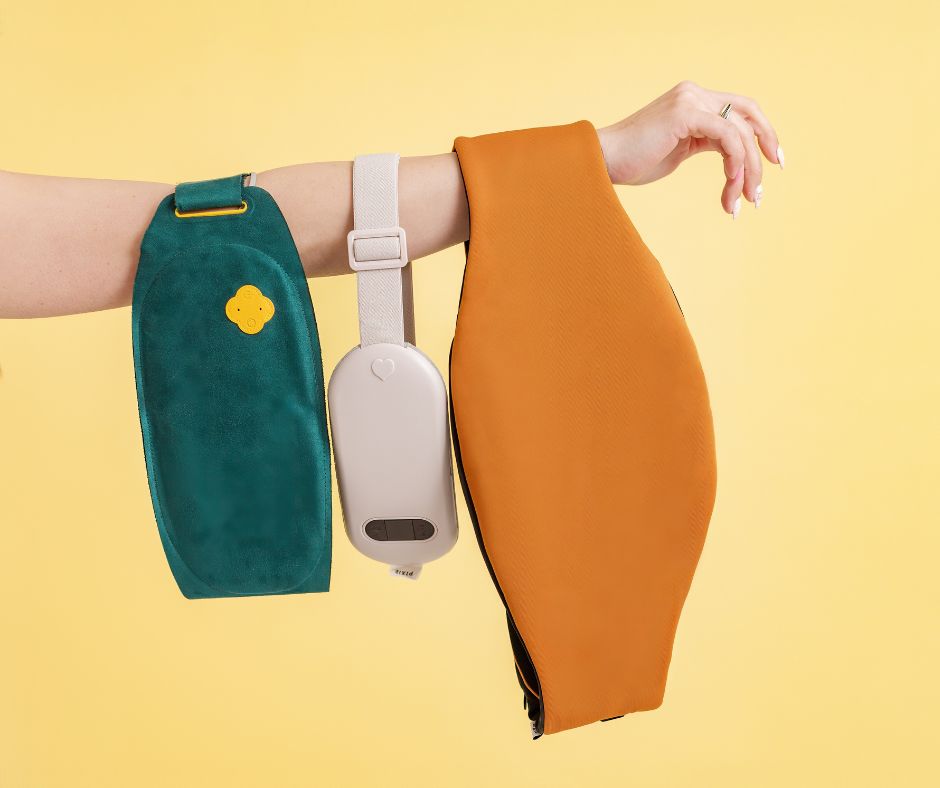
By
|
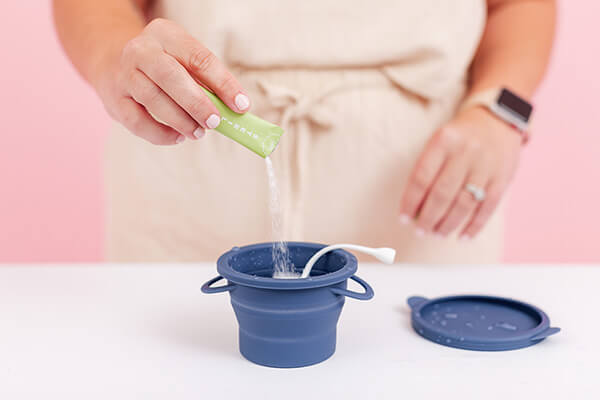
By
|
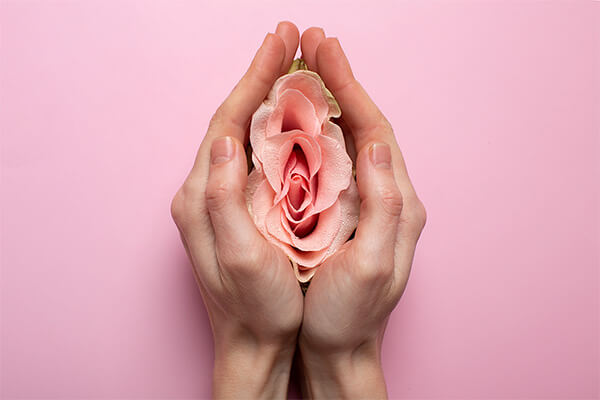
By
|

By
|
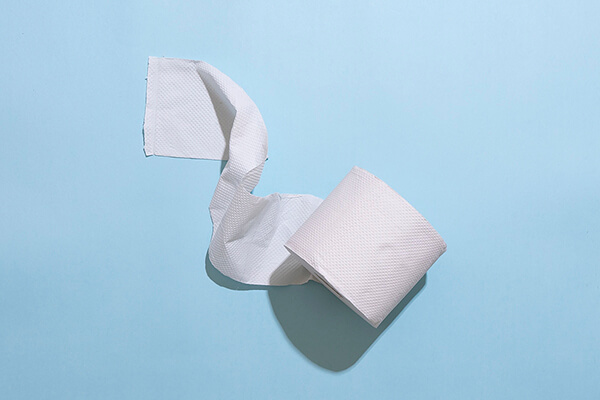
By
|
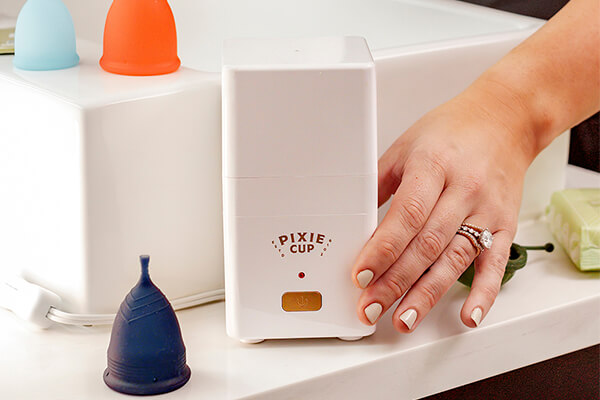
By
|

By
|

By
|

By
|